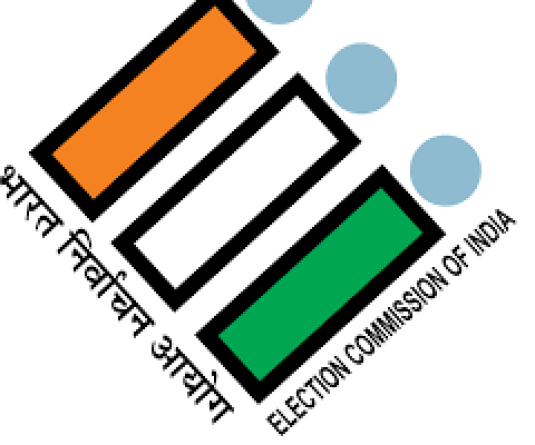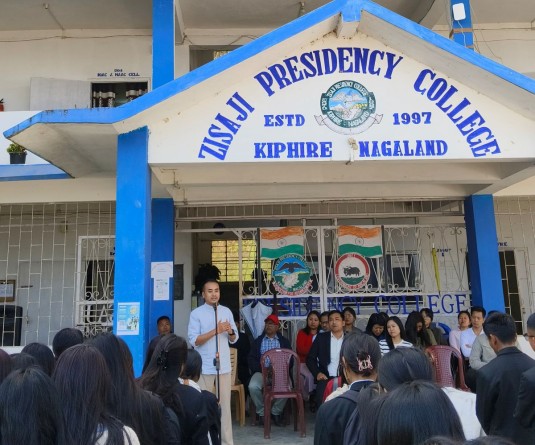
DIMAPUR, DECEMBER 22 (MExN): The Forum for Naga Reconciliation (FNR) today stated peace among the Nagas should be blessing, healing, and well being, togetherness and righteousness. In its season’s greetings, the FNR said that “we must first broaden our narrow, human-made walls of security and hope.”
It urged all to “look beyond our tendency to be influenced by self-righteous identities and rigid boundaries, and instead cultivate a temperament that is open and receptive.”“Often, we are tempted to dichotomize what is ‘spiritual’ and ‘political.’ This is part of the harsh contradiction that we fail to resolve, time and time again.” It stated.
“Nagas cannot force on ourselves that practicing exclusion will lead to a bright light of political harmony. This ritualization of politics breeds more political and social boundaries among us. Consequently, we end up living in a world of exclusion, a world we keep creating because it is a lived reality, so deeply entrenched in our hearts by our hurts, fears, and hate—we are made to believe that exclusion is the solution; that hope lies in excluding others,” the FNR stated.
Advent, the FNR said, is a reminder that “we need to practice the act of embracing.”“Reconciliation is not simply an event between the individual and God; it has political and social bearings. One without the other would turn out to be ineffective,” the forum explained.
It meanwhile said that reconciliation is not a monopoly of the FNR; and in the “reality of the harsh contradiction that Naga people confront,”reconciliation is a piece of a jigsaw puzzle that “each one of us holds to put together the Naga home.”
It urged all conscientious people and the Naga political groups to be honestly objective, rather than to limit their view with colored lenses. “We need sincere criticism coupled with critical-love. Sarcasm fuelled by ill-will is narcissistic and serves as another form of violence. So also, dogmatism and political rigidity not only isolates ‘others,’ but fossilizes the self,” it stated.
It recognized that the average Nagas today are reinterpreting the past imagination for the sake of the future, and with a renewed optimismto move forward. “As our founding fathers and mothers have said that sovereignty “lies with the people” then, it is up to us to exercise our sovereign rights. As all groups of people relatively are, Nagas are unique in our historical and political rights. This is primordial—the soul of the Nagas. We must urgently advocate and apprehend realism and bury idealism that continues to weaken and divide us,” it stated.
The FNR said that Nagas need to prepare the “end of the beginning of a new Nagahood, whose identity is distinct and unique.” To have an identity implies a boundary, but in a world of multiple unique identities and boundaries, the Naga boundary must be reflexive and permeable, it stated. The FNR said Nagas must craft an identity and sense of belonging that is distinct but multiple, and discursive and integrative at the same time.“Our self-understanding as churches, villages, and tribes must go beyond cultural and geographic categories. This is the unique political paradigm of the Post-Modern world to which we must adapt if we are to survive and contribute as a people,” it added.
“Together, side by side, with other ethnic identities and 21st centuryboundaries of the world we must exist and co-exist,” the FNR said, while noting that “if we refuse this paradigm, we are simply excluding ourselves to the future and remain slaves of the past.”It urged the Naga people to pursue a “realistic dream, yet also envision big, locally and globally.”
The FNR appealed to all to be generous and to stretch their imagination to the future. “Our world is a world in the making and hence, every achievement is only the end of a beginning. Let us lift the present to a higher plane of transformation in every sense,” it stated.





